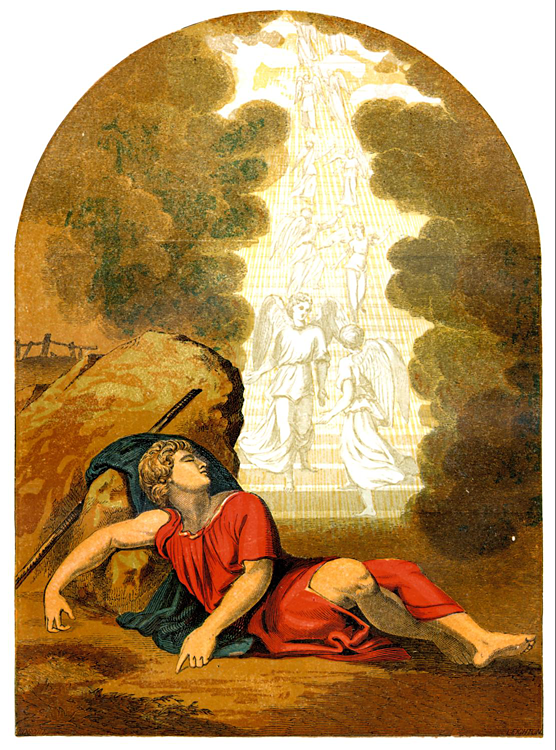From the Daily Signal at 1 Year After Sex Change, This Teen Regrets His ‘Frankenstein Hack Job’
Walt Heyer / November 17, 2019 / 436 Comments

Nathaniel, not pictured above, received sex change surgery at age 18. (Photo: Elva Etienne/Getty Images)
COMMENTARY BY

Walt Heyer is an author and public speaker. Through his website, SexChangeRegret.com, and his blog, WaltHeyer.com, Heyer raises public awareness about those who regret gender change and the tragic consequences suffered as a result.
Less than a year after having gender surgery, Nathaniel now says, “This whole thing was a bad idea. I am 19 years old, and I feel as though I have ruined my life.”
It’s heartbreaking each time I get a letter from someone who underwent gender-change surgery and regrets it, especially someone as young as Nathaniel.
With his permission, I’m telling a bit of his story to raise awareness of the young lives being ruined by the rush to surgery, and hoping that hearing the testimony of this young man will influence others on this path to slow down and consider the consequences before consenting to surgery.
In Nathaniel’s case, he says he was bullied by the boys in elementary school because he was sensitive and preferred playing girl games. When he was a bit older, he discovered internet pornography, heard about transgenderism, and as he says, “convinced myself that’s what I was.”
When he finally worked up the nerve to tell his mother in the summer after eighth grade, she made an appointment with, in his words, “a doctor at an informed-consent clinic.”
Continue reading





